- Solving SA teams’ immense travel issues is at the top of the URC’s agenda for next season.
- CEO Martin Anayi says a return to Super Rugby-like four-match tours, as well as utilising Qatar Airways’ chartered aircraft fleet could even out the travel factor for SA teams.
- Much of the current issues are beyond the URC’s control, with 35% inflation associated with the relevant flight tickets.
A return to four-match tours – ala Super Rugby – and charter flights are two prominent measures the URC is exploring to relieve South African teams’ travel headache since joining the northern hemisphere.
CEO Martin Anayi, speaking on a media call for the URC, admitted that the issue is the biggest potential threat for stalling what is – according to several metrics such as broadcast audiences – becoming a compelling product.
While the organisation itself is proactively investigating solutions, the root of the problem – that being the post-Covid economic landscape – was out of its control.
“I think travel has been well documented. It’s definitely been a challenge,” Anayi said.
“When we put together a travel plan, which was a business case presented to the other participants in terms of pitching the expansion of the tournament, the price of an average flight ticket was 35% less than it is today in South Africa.
“That ‘natural’ inflation has been quite difficult for South Africa financially. European teams’ travels to Africa have been financially covered centrally, while SA Rugby take responsibility for their local franchises’ travel.
“The slight gaps in that are around travel policy and such like, as well as funding, so we brought in Qatar Airways to help in that regard and it’s worked to a certain degree, but there’s a helluva lot more to do there.”
READ | FIRST TAKE | SA Rugby’s rewards will be bountiful if it can outlast current URC black hole
Indeed, SA Rugby and its franchises remain forced to foot their travel bills until the local governing body becomes a full shareholder late next year, when it can claim from the central kitty.
The sponsorship agreement with Qatar is also problematic in the sense that it requires South African teams to travel via Doha and then catch connecting flights to their European or UK destinations, swelling travel time to an average 24 hours.
Player welfare is also in the spotlight as a lack of available seats mean the big men invariably find themselves cramped in economy class.
“I believe it’s going to be really important for us to lowering costs through bulk ticket acquisition, getting better routes and conducting better scheduling. We can make journeys far more palatable and we’re quite conscious of that. That’s really the one thing we’re working very hard on,” said Anayi.
An immediate and potentially meaningful intervention would be to eliminate some of the zigzag travel associated with two-match (and in some cases even one-off) trips and scheduling a more traditional four-match sojourn, which was commonplace for SA teams in Super Rugby.
“One way we can also help – but it’s going to require sign-off from SA Rugby – is to make each tour slightly longer, where you only go to Europe twice during the season instead of three or four,” said Anayi.
“That would effectively be a better position from a cost point of view and therefore we can invest a bit more in that travel. We’re looking at that. To reduce flights, one could add another match to the tour. When it’s a four-match tour, teams can settle into a location and get integrated into their hotels and environments.”
Chartered flights are also high on the agenda.
“We’re actually talking to Qatar about it, who have a very large charter aircraft facility. That would solve a lot of issues in terms of long layovers or indirect layovers, making flights more direct at more convenient times,” said Anayi.
“We can expand the number of business class seats available. There is a very low number of business class seats available currently on those commercial routes and there is an over-subscription. Charters could help.”










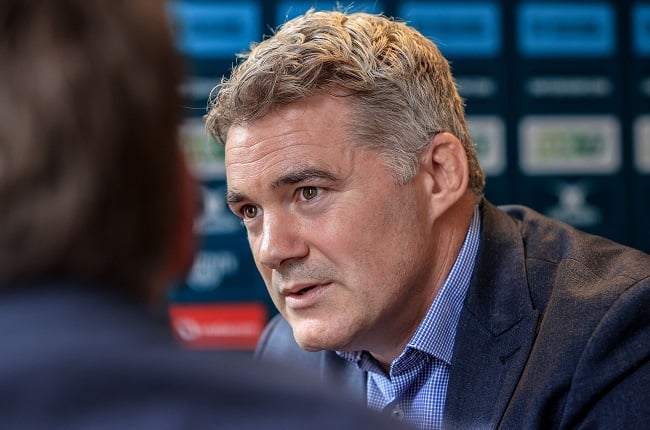
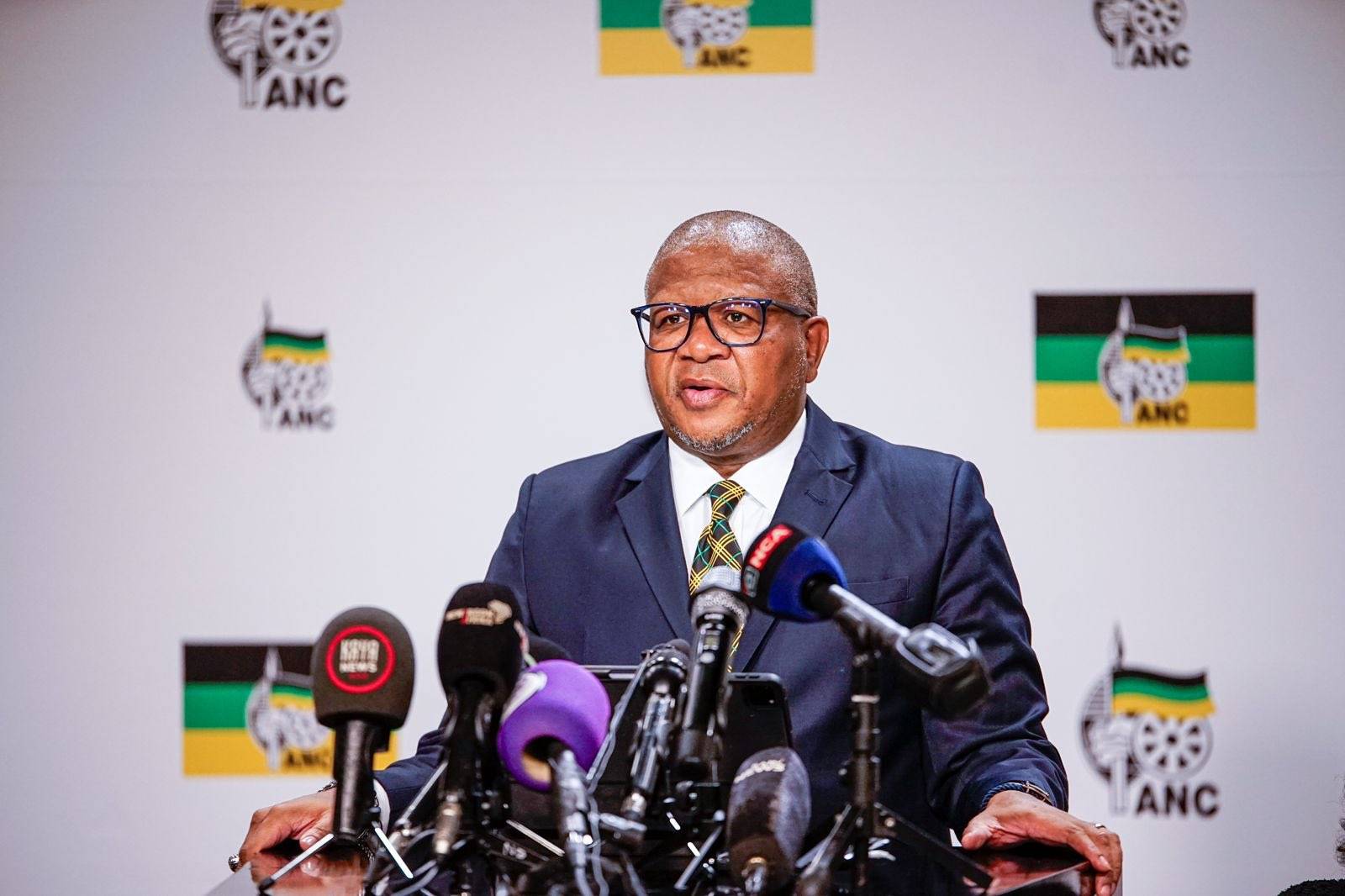

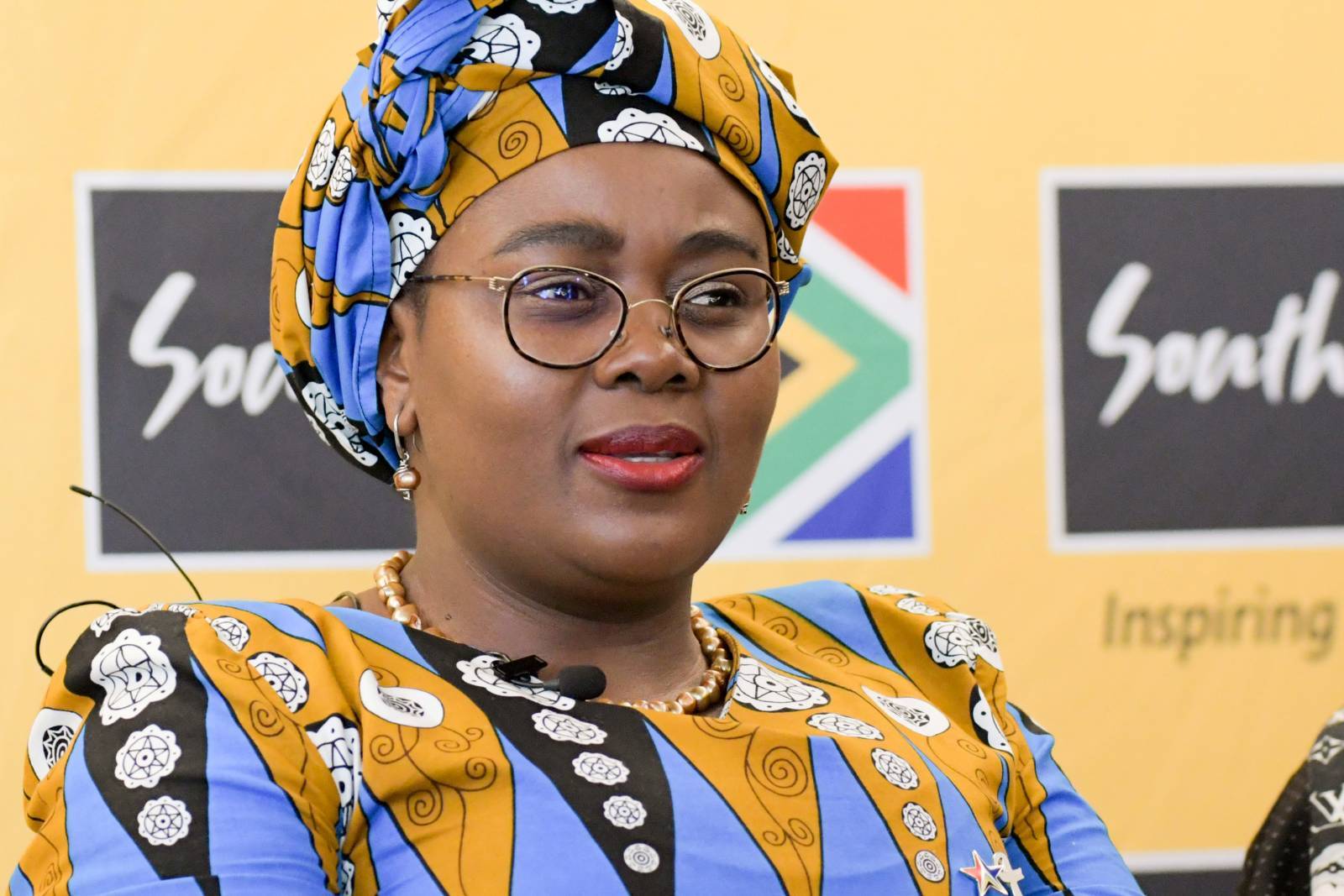

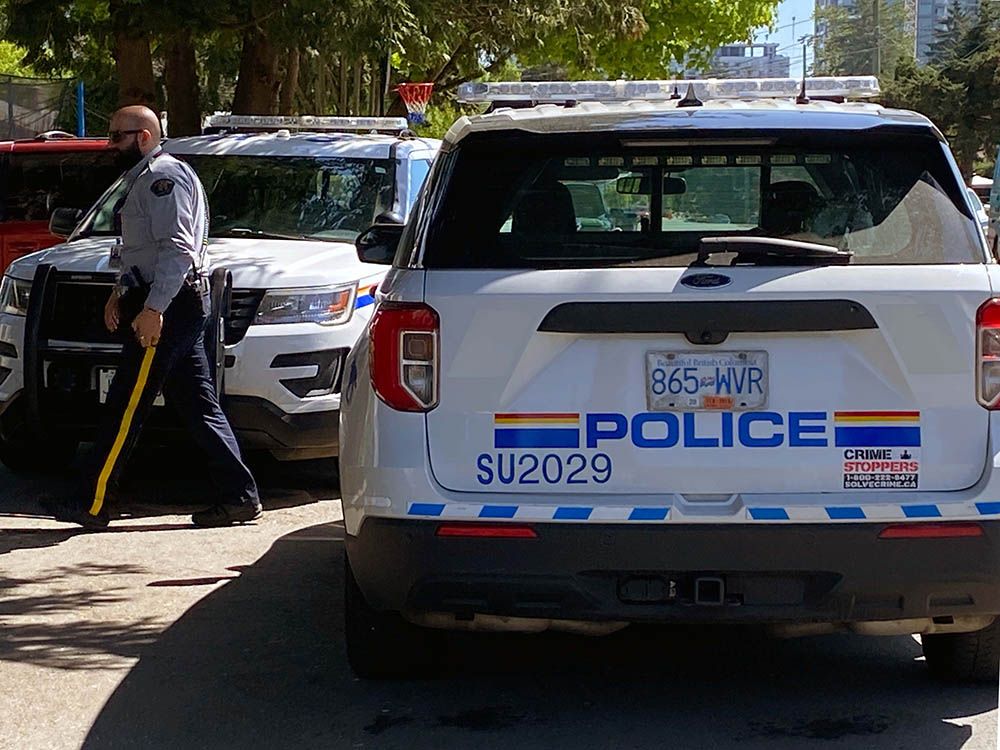



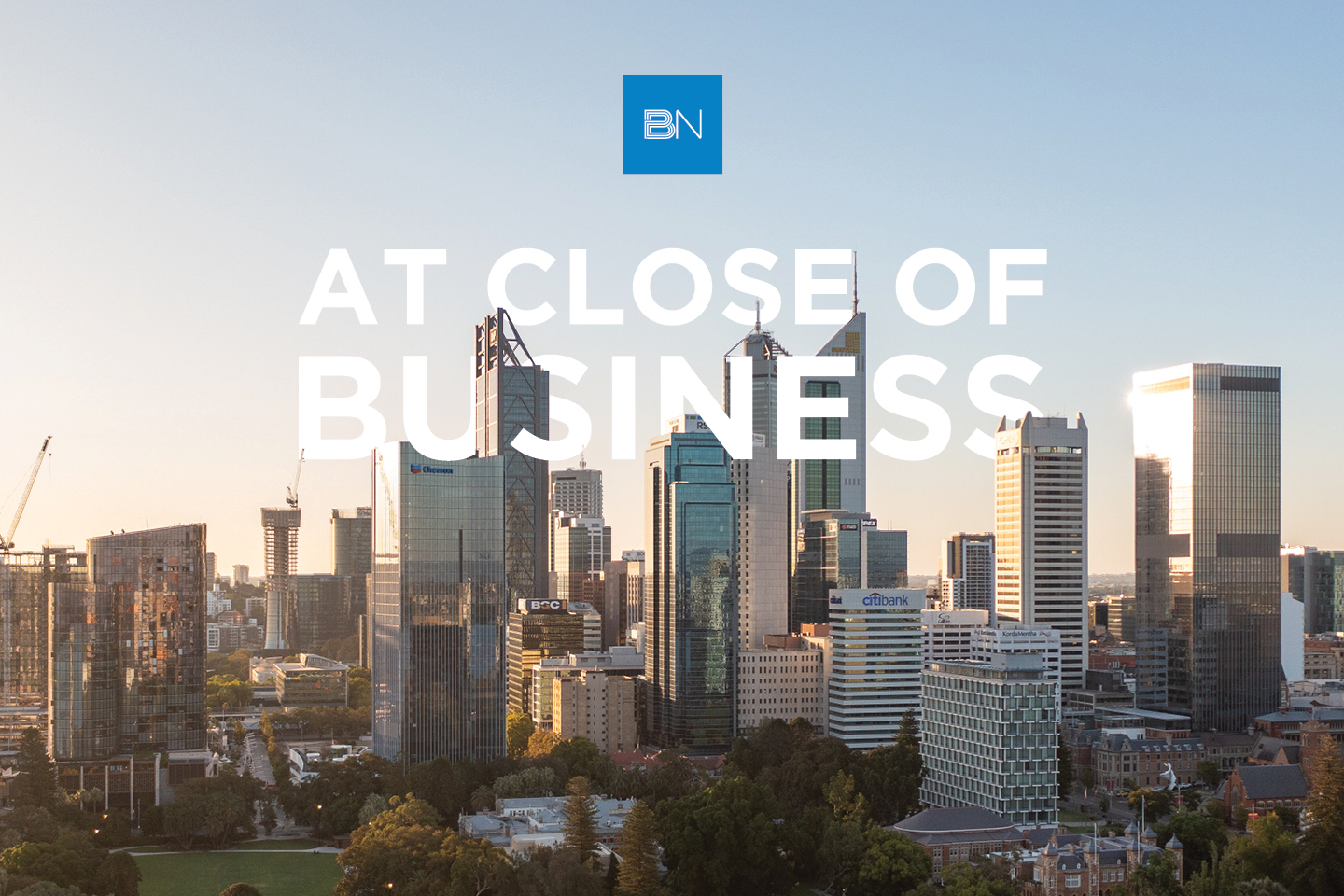
Discussion about this post